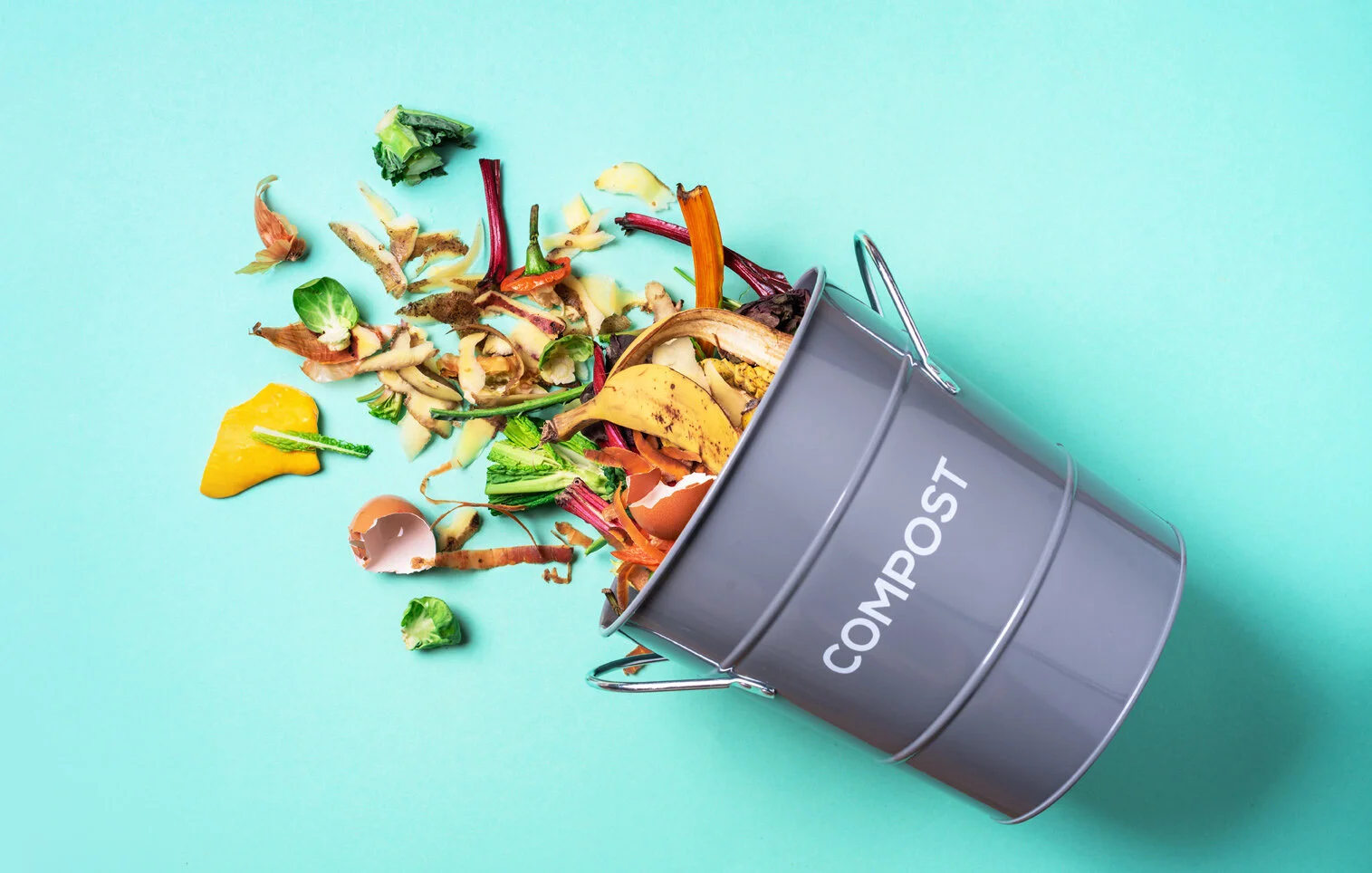Q: And you’d like to see this [circular economic] model applied on both a local and a global level?
A: Yes. Rheaply’s vision is to make the world’s resources visible, easily transferable, and more valuable in our global economy. Closer to home, the Circular Chicago Coalition is bringing together 16 partners, including Rheaply and Plant Chicago, with the intention of seeding a circular city on the south and west sides, asking communities of color what they want rather than prescribing solutions. So we are looking at the city of Chicago and asking how we can eliminate waste within an urban environment, how we can transform the city into an efficient resource-sharing hub. For example, how do we connect nonprofits to larger companies, thereby creating loops for assets?






